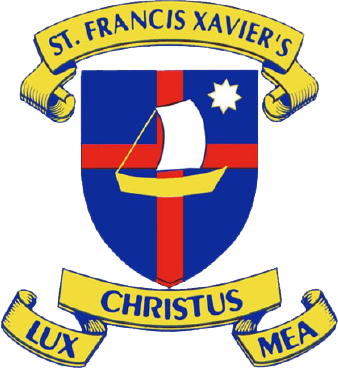Ancient History 2 Unit
ATAR Course
Introduction
Ancient History is a 2 Unit course and involves a study of ancient societies including Egypt, Greece, Persia, China and Rome.
There is an extension course (an additional 1 Unit) available in Year 12 for those students who have shown particular interest and high level of ability in the subject during Year 11.
Ancient History engages students in an investigation of life in early societies based on the analysis and interpretation of physical and written remains. Students are able to study the motivation and actions of groups and individuals from the past and how they shaped the political, social, economic and cultural landscapes of the ancient world. This study encourages students to appreciate a range of cultures and beliefs and helps them to understand how our modern world has been shaped.
For Whom is the Course Intended?
Ancient History is for those students who are interested in the ideas and achievements of the ancient world going back to about 5000BC.
Students will need to be able to write well-structured and detailed responses and have sound comprehension skills. They will need to be prepared to develop their skills in research methods and written communication. They will also need to enable to engage with sources, written and archaeological, and interpret and analyse them.
Pre-Requisites
There are no pre-requisites for this course. But it is advisable that students have sound comprehension and literacy skills.
Students who are enrolled in English Studies will find the reading and writing required very challenging.
This course is different to history studied in Stages 4 and 5 in both skills and responses that are required.
Assessment
A variety of assessment tasks will be set in both Year 11 and Year 12. These assessment tasks will include source analysis, short response questions and essay style responses.
There is one examination paper of three hours duration in the HSC, consisting of four sections worth 25% each. The types of questions include short answer questions, structured questions, and one extended response question, where there is a choice between alternatives.
There will also be internal (within the school) tasks set, including individual and/or group research, and tasks which reflect those in the HSC paper (as above).
Costs
Subject costs are included into the College Resource Fee.
Other Costs: There may be one or two excursions available (eg special study days in Newcastle and/or Sydney) at various universities. These costs are kept to a minimum.
